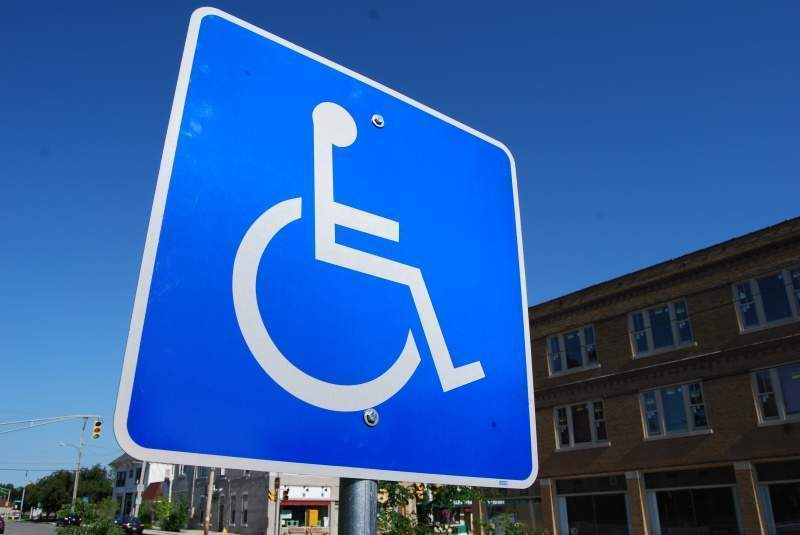
I hesitated at first. At 24 I thought these days were behind me. But no, a group of grown men really were shouting “TIMMY” at me as I travelled to work in my electric wheelchair – a reference to the South Park character with learning difficulties so severe he can only shout his name.
As the taunts continued, I eventually confronted them: “I can hear, you know, which of you said that?” A little startled, the gang initially tried to play stupid, “You what, it wasn’t us mate”. When I pointed out it was funny they seemed to know exactly what I was referring to, all innocent pretence vanished. “Fuck off – on you go”. Same to you, I said.



